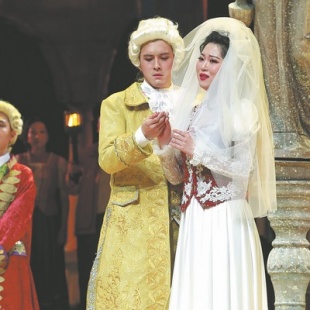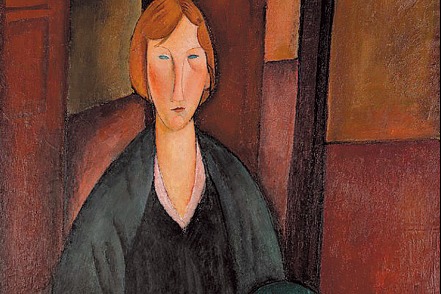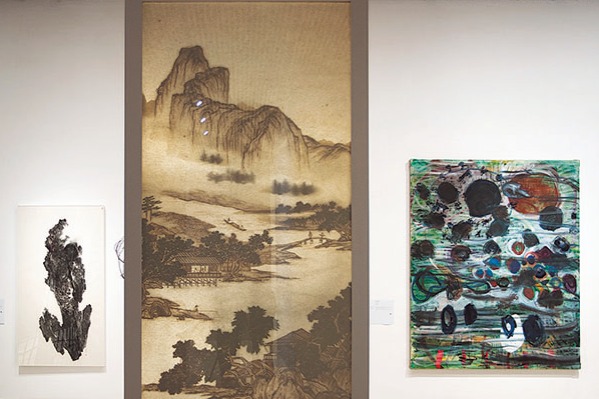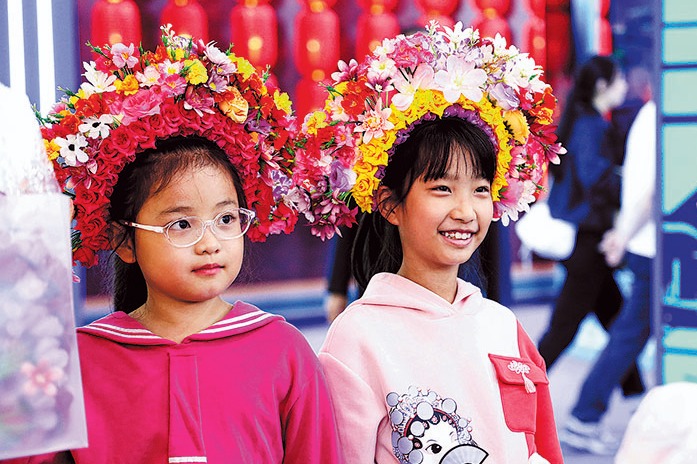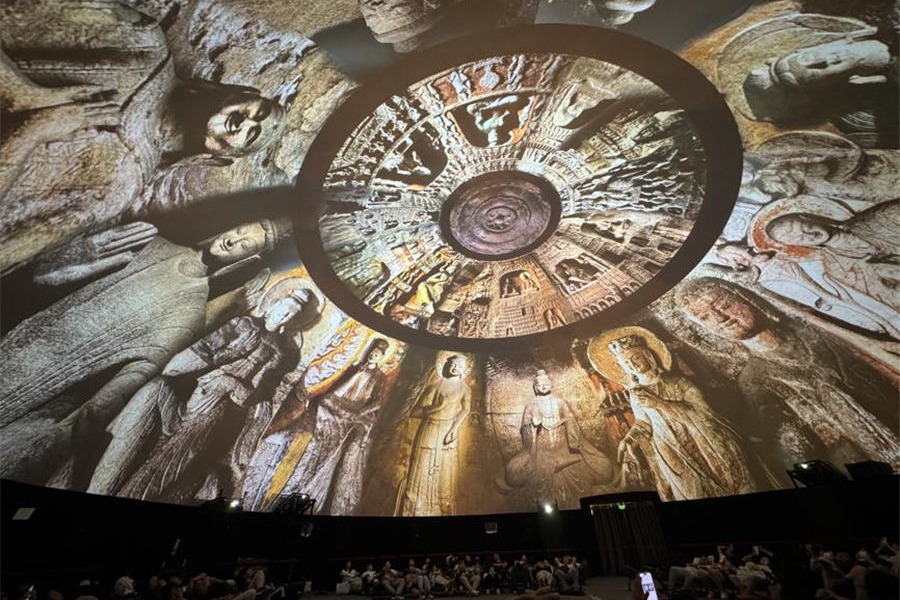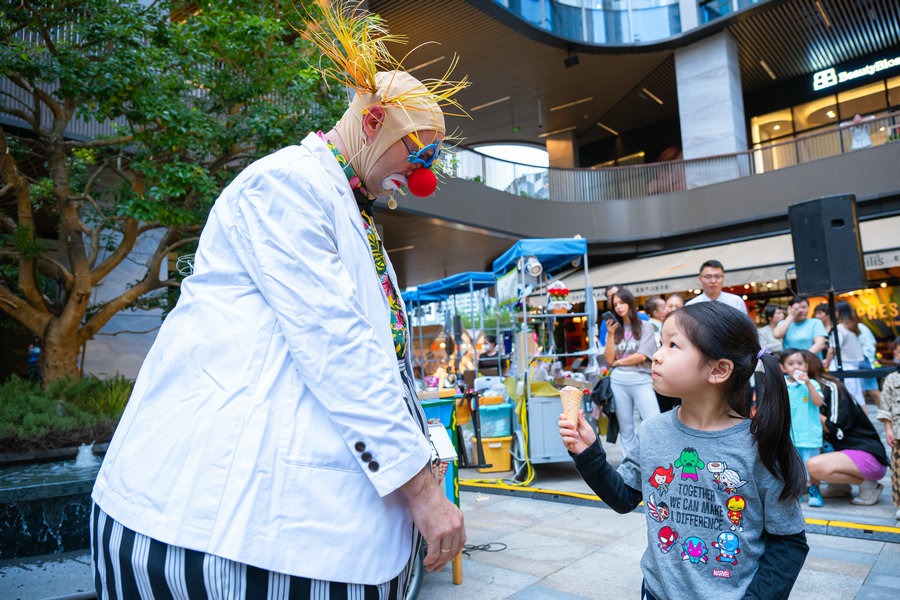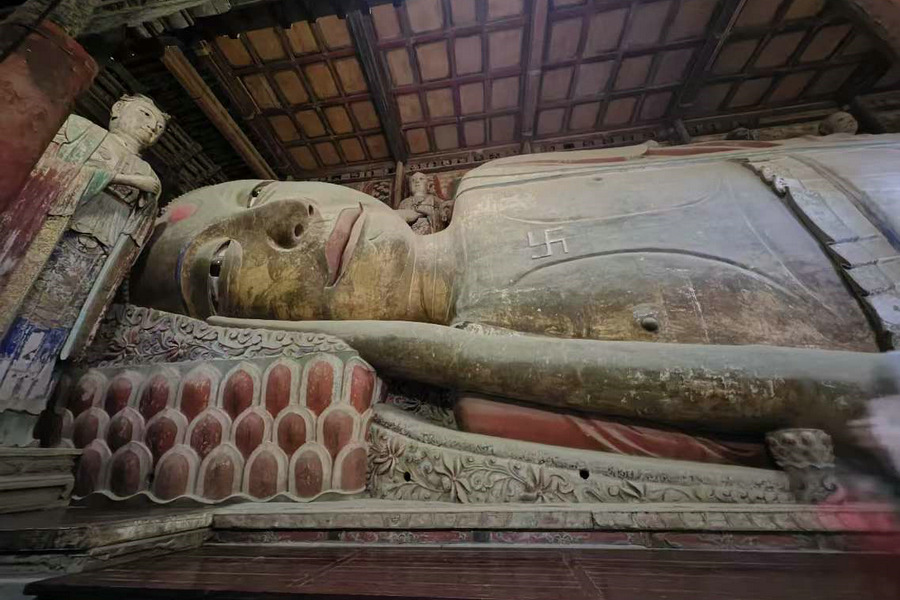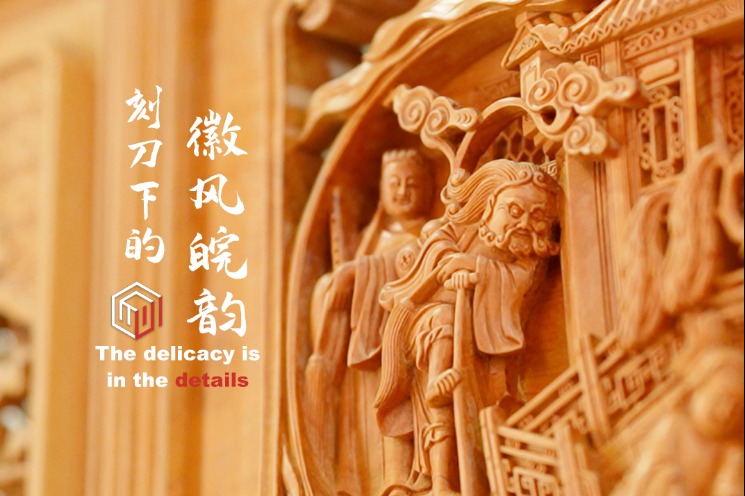The year Western opera got a local touch

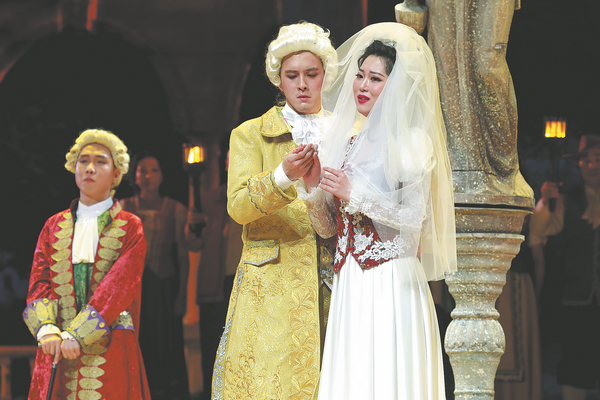
Liu Keqing studied to be a baritone in the 1983 class, and was the director of this latest performance, playing the role of Figaro. "We, once youthful students, are now in our 60s and 70s. When we started preparing, we surprised ourselves because we could still remember the lyrics," he says. After graduating, Liu continued his studies in the United States and went on to work in opera houses in Austria and Germany.
"There were 21 of us in the class and with only 11 roles in The Marriage of Figaro, we split into two groups," he says. "To prepare for our graduation performance, the teachers led us through a rigorous rehearsal process, collaborating with directors, orchestra musicians, stage designers, makeup artists and stage managers from the China National Opera House."
"Our five-year training and the graduation performance gave us a clear idea of Western opera, preparing us for careers on the international stage. With the Chinese adaptation of The Marriage of Figaro, Chinese audiences were able to enjoy the performance without the language barrier, which helped make opera popular in the country," says Zhang Yalun, who was also a baritone in the 1983 class and who played the role of Count Almaviva.
The premiere of The Marriage of Figaro planted a seed in members of the audience, among them Zhou Jingbo, who is now a professor at the Communication University of China.
He attended the premiere 41 years ago and recalls that he rode by bike for several hours to watch the adaptation, which he describes as an unforgettable experience.
"Back then, few operas were staged in China and after attending The Marriage of Figaro, I became a fan. I was a young student in 1983 and the performers onstage were also very young. I was intrigued not only by the opera but also by their passion," Zhou says. "They can still sing clearly without amplification today, demonstrating their skills and experience."
Making the latest performance even more special was the fact that the conservatory's current batch of opera students gave their own version of the Chinese adaptation on June 18, not only displaying the skill of today's generation but also the fact that they are keeping the tradition and the efforts of the older generation of opera artists alive.


